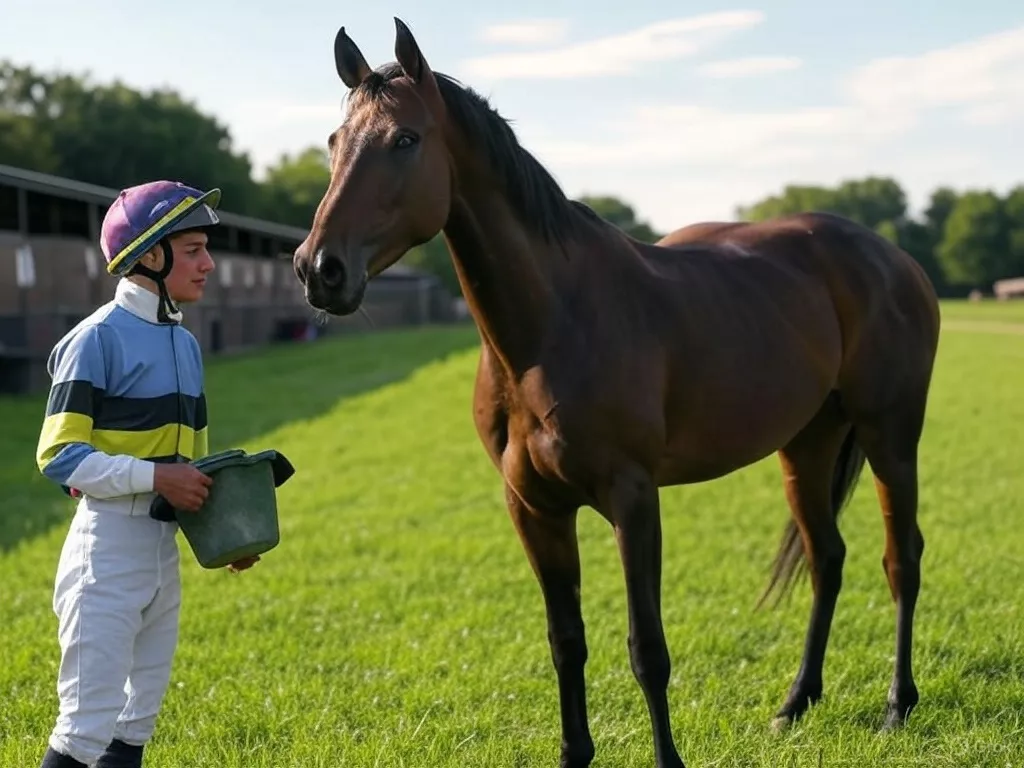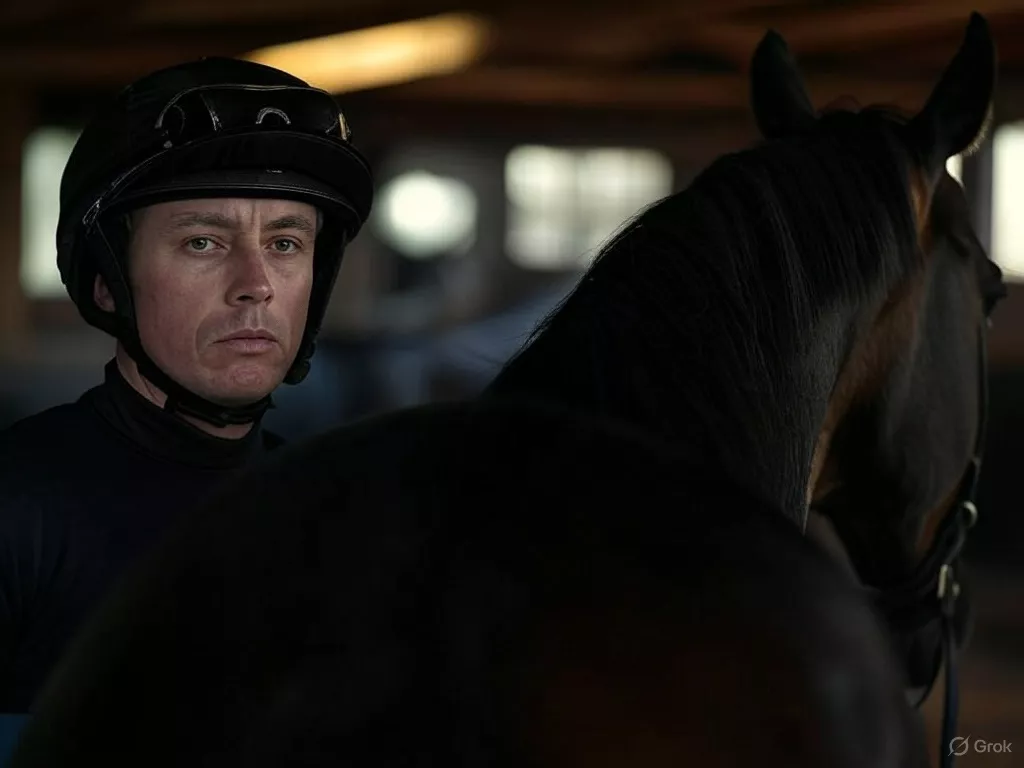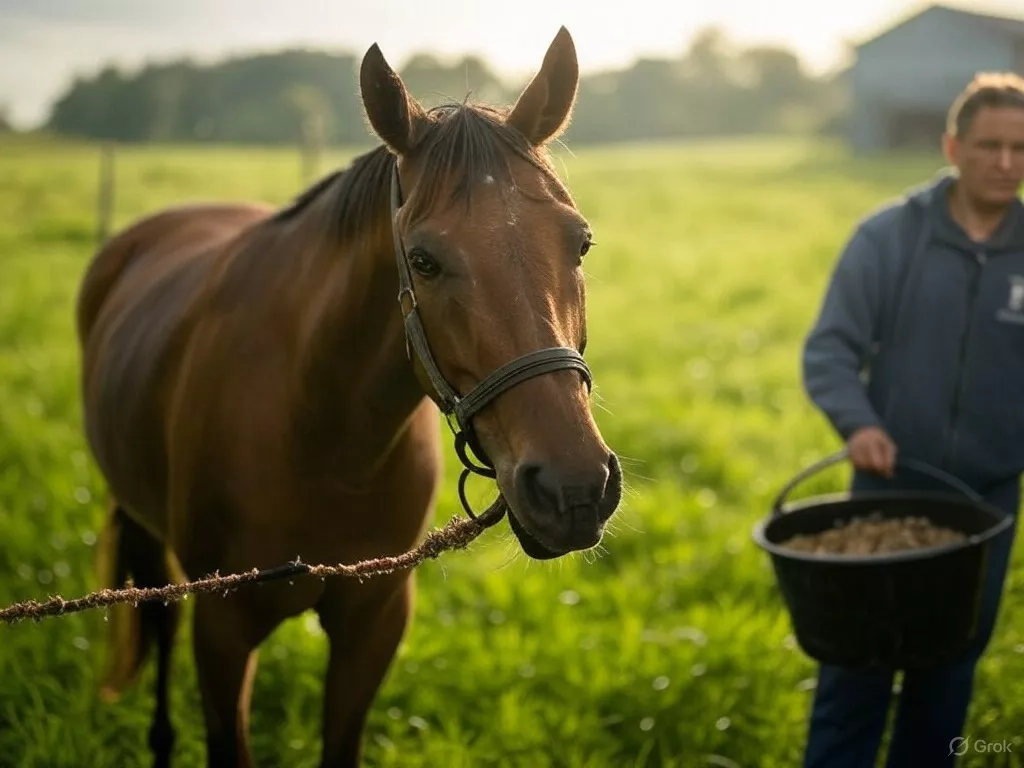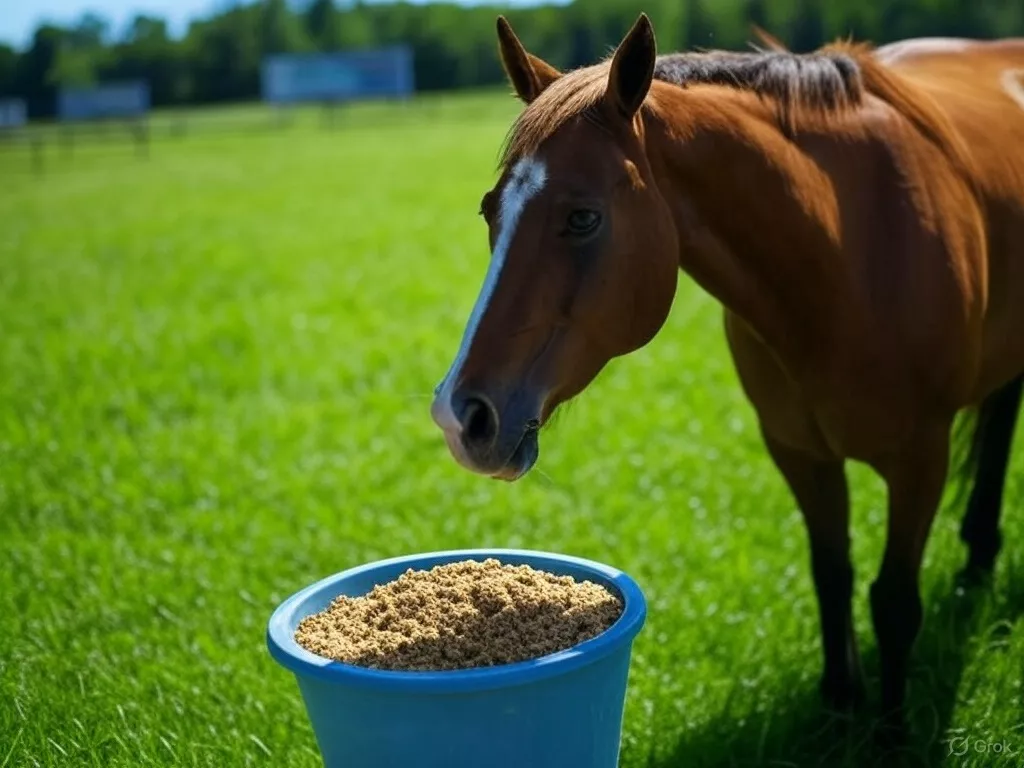
The Importance of Nutrition in Race Horses

Nutrition plays a crucial role in the performance, health, and longevity of racehorses. A well-balanced diet helps maintain their energy levels, supports muscle development, and aids recovery from strenuous exercise. Horses are athletes, and just like human athletes, they require specific nutrients to perform at their best.
Key Nutritional Components

To optimize a racehorse's performance, it's essential to understand the key nutritional components that should be included in their diet:
1. Energy Sources
Racehorses require a high-energy diet to fuel their intense training and racing schedules. The primary sources of energy are:
- Carbohydrates: Grains such as oats and corn are excellent sources.
- Fats: Vegetable oils (like canola or corn oil) provide concentrated energy and are beneficial for maintaining weight.
2. Proteins
Proteins are vital for muscle repair and growth. A racehorse’s diet should include high-quality protein sources such as:
- Soybean meal
- Alfalfa hay
The recommended protein level for racehorses is around 12-14% of their total diet.
3. Vitamins and Minerals
Vitamins and minerals are essential for various bodily functions, including immune support and bone health. Key vitamins include:
- Vitamin E - Supports muscle health and recovery.
- B Vitamins - Aid in energy metabolism.
Essential minerals such as calcium, phosphorus, and magnesium are crucial for bone strength and muscle function.
Feeding Strategies for Racehorses

Implementing effective feeding strategies is vital for maximizing performance:
1. Meal Frequency
Horses have small stomachs and require frequent feeding. It is often recommended to feed racehorses 2-3 times a day to maintain steady energy levels and prevent digestive issues.
2. The Role of Forage
Forage should be the foundation of any horse's diet. High-quality hay or pasture provides necessary fiber, which is essential for digestive health. Aim for at least 1-2% of the horse's body weight in forage daily.
3. Hydration
Water is often overlooked but is crucial for performance. Ensure that racehorses have constant access to clean, fresh water to stay hydrated, especially after strenuous exercise.
Monitoring and Adjusting Diet
Regular monitoring of a racehorse's condition is essential for adjusting their diet as needed. Factors such as:
- Age
- Training intensity
- Body condition
must be taken into account when adjusting feed rations. Consultation with an equine nutritionist can provide personalized recommendations based on individual needs.
Conclusion
In conclusion, optimizing nutrition for racehorses is a complex but essential task that requires attention to detail and a solid understanding of equine dietary needs. By focusing on the right balance of energy sources, proteins, and essential vitamins and minerals, along with effective feeding strategies, racehorse owners can significantly enhance their horse's performance and overall well-being.